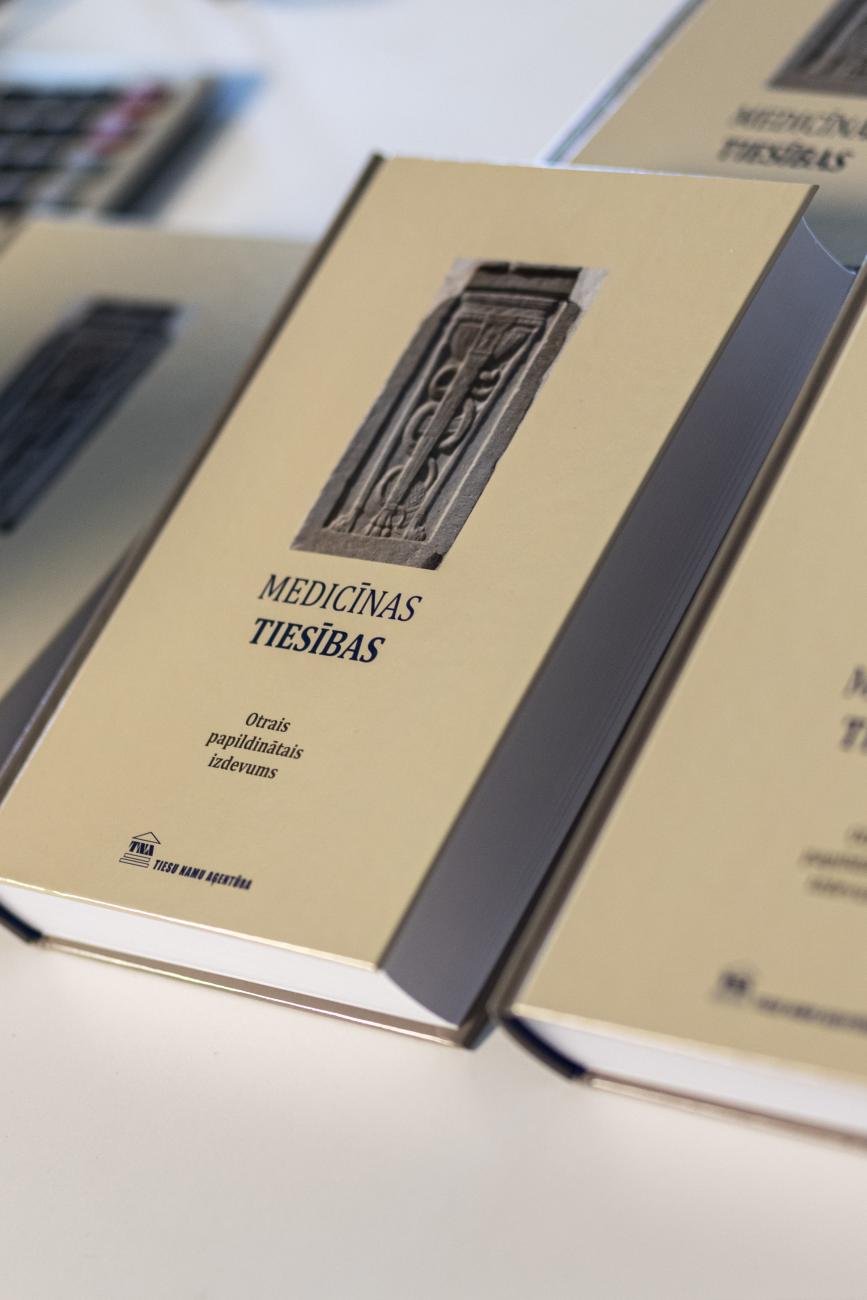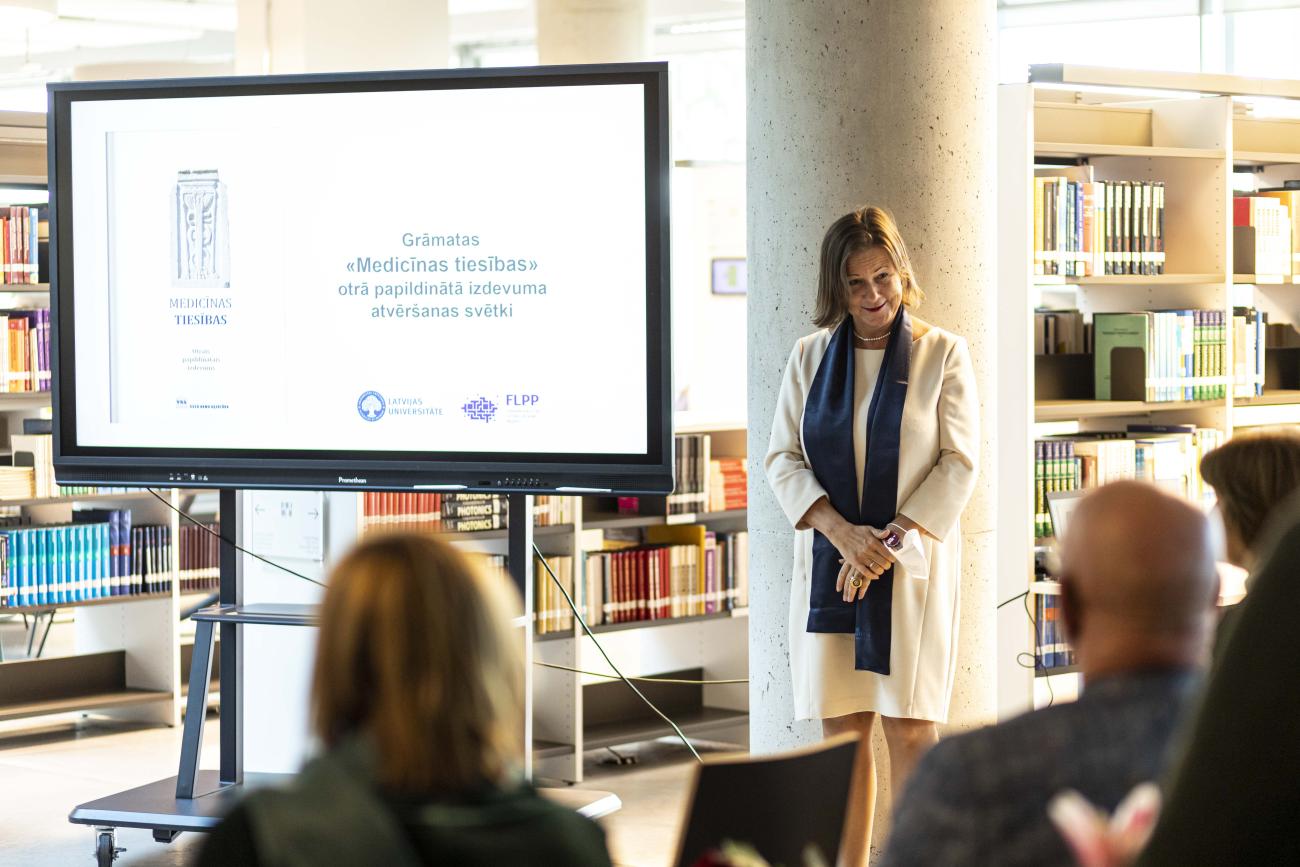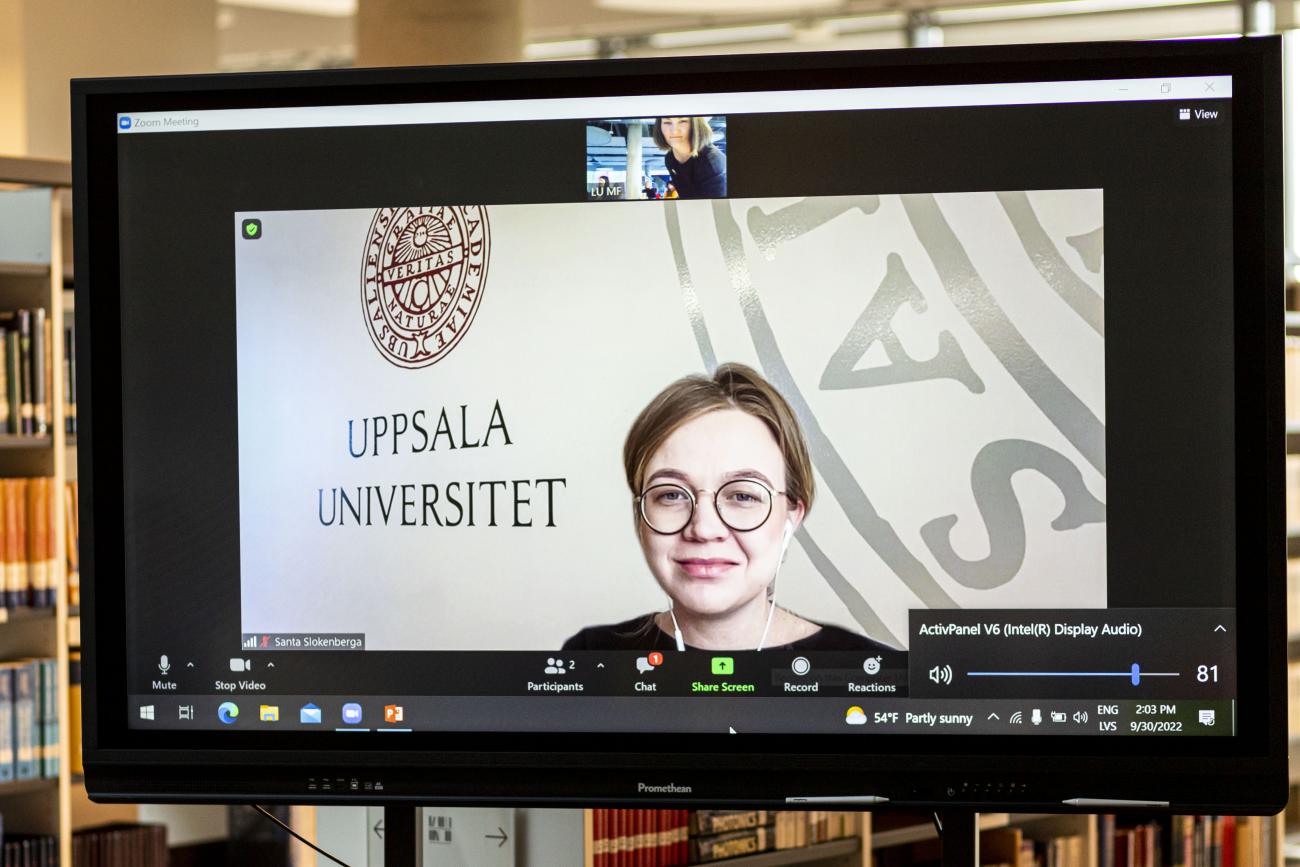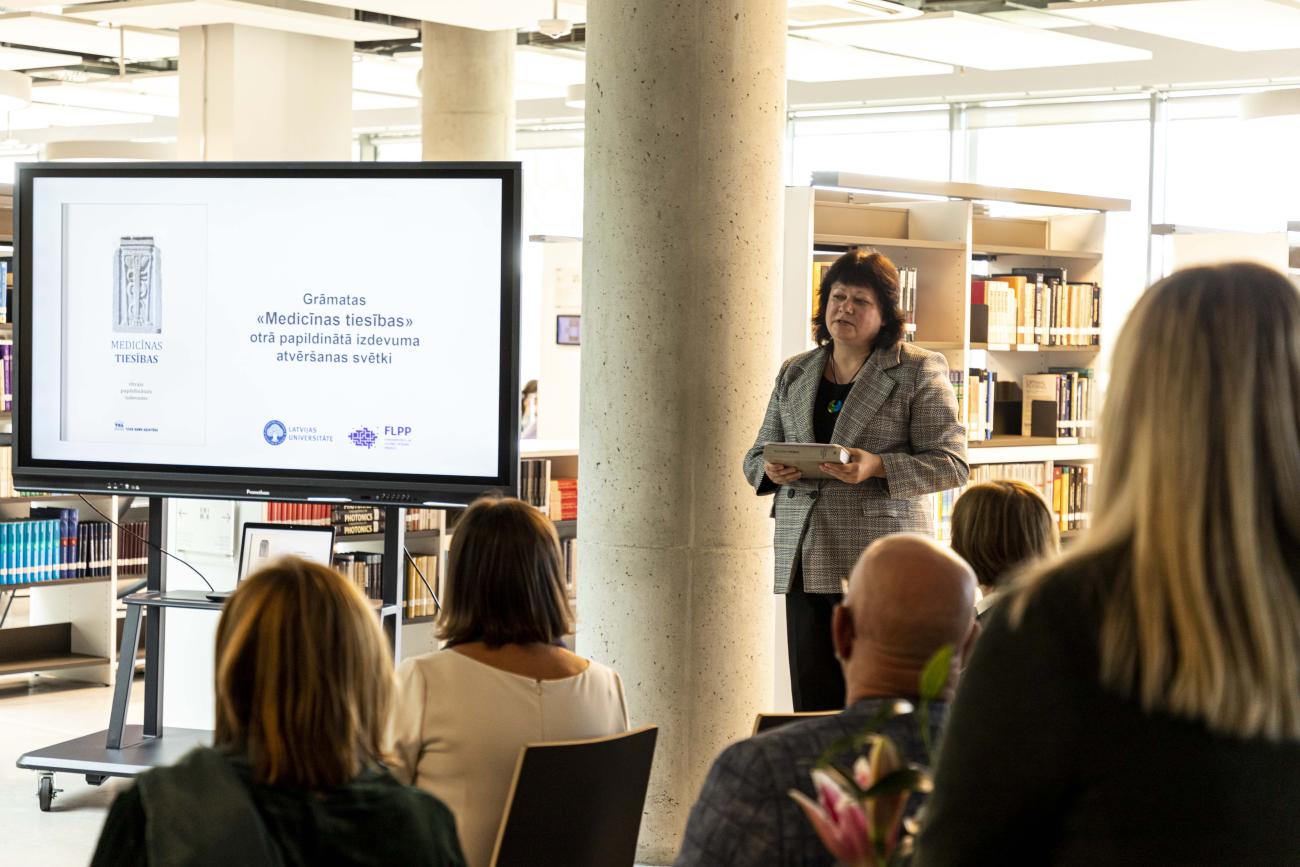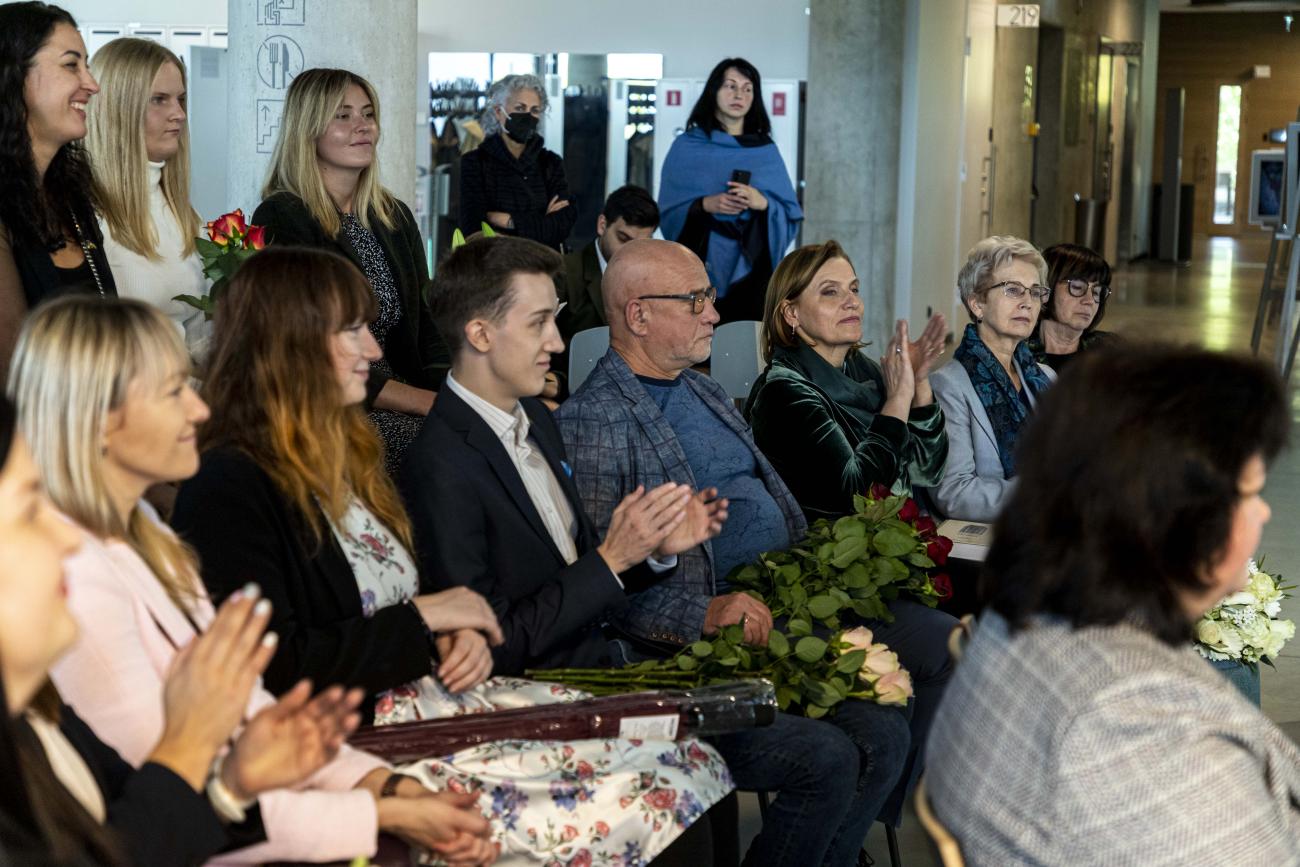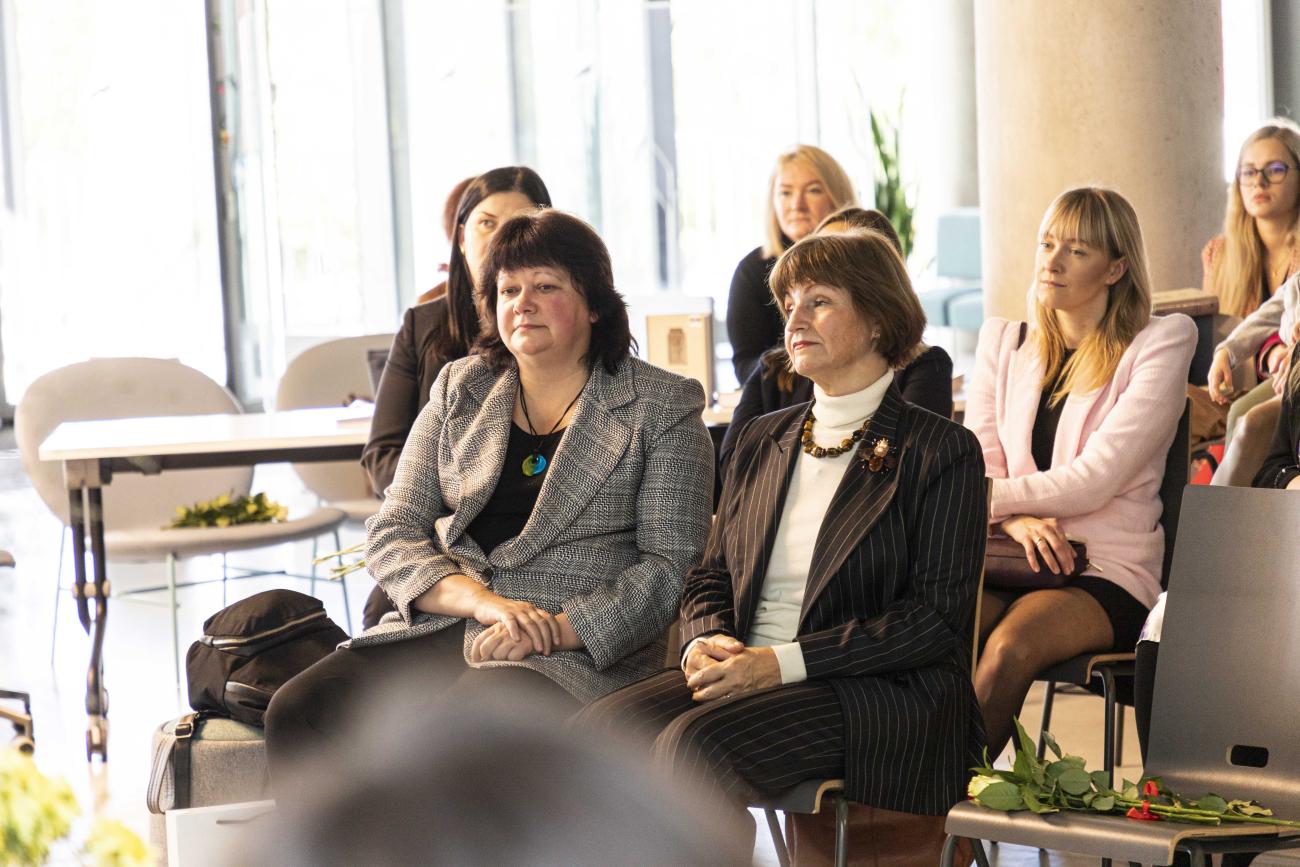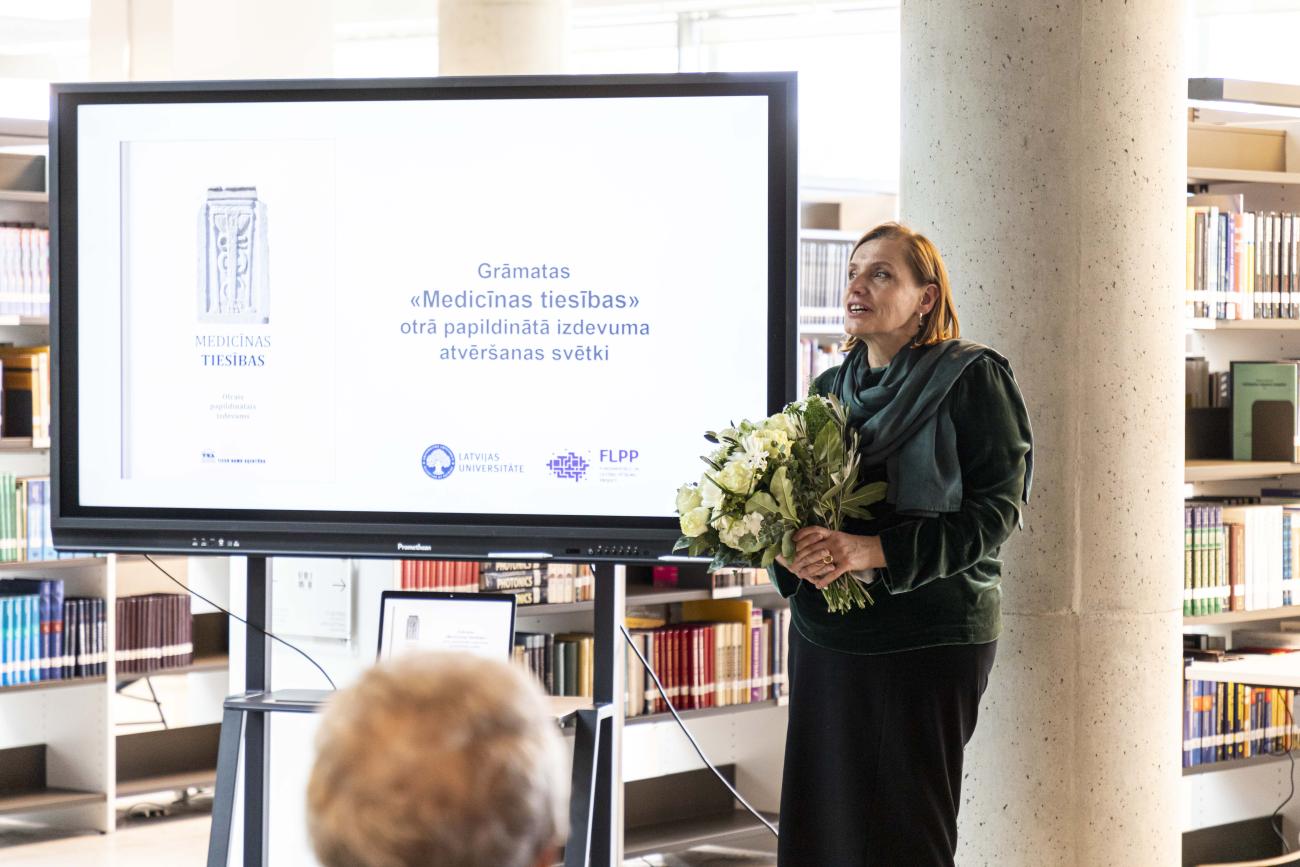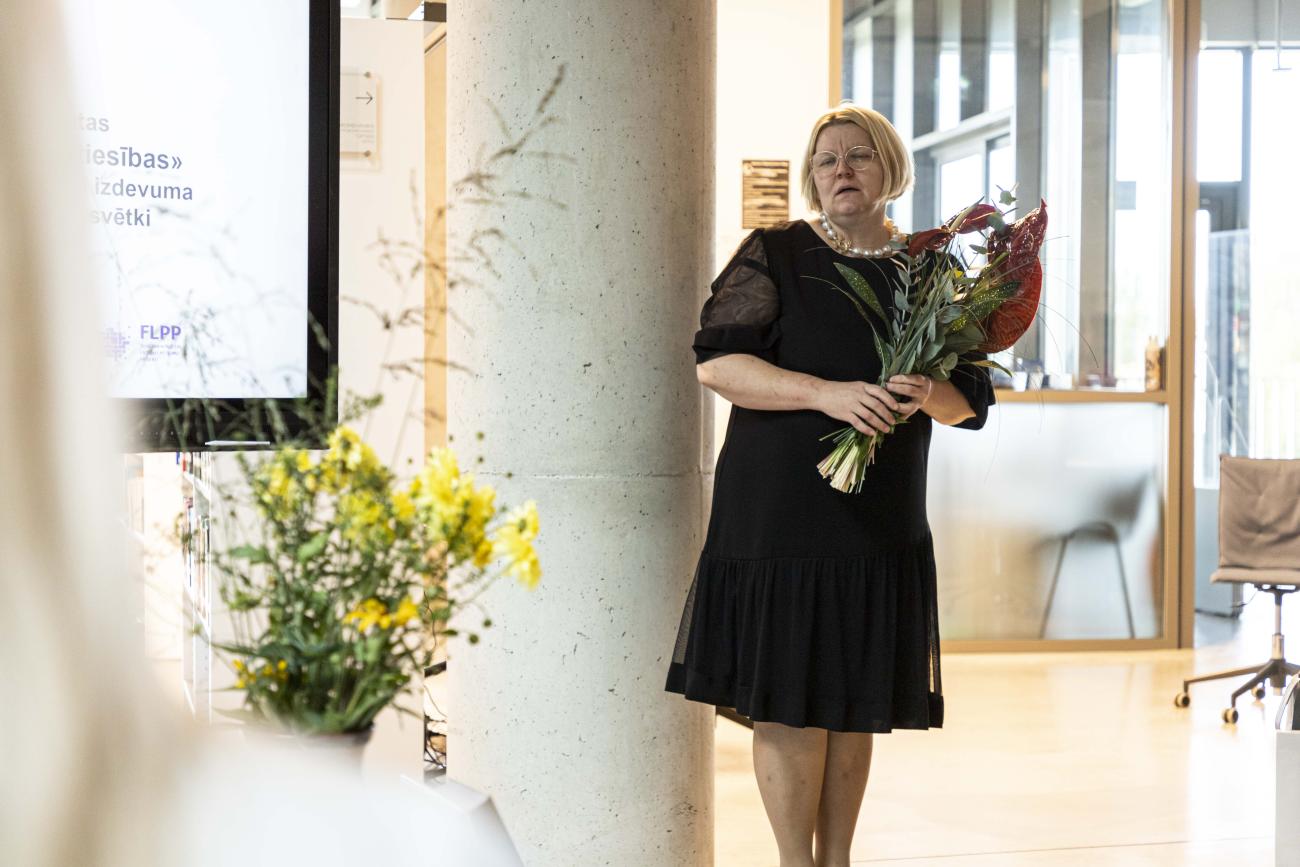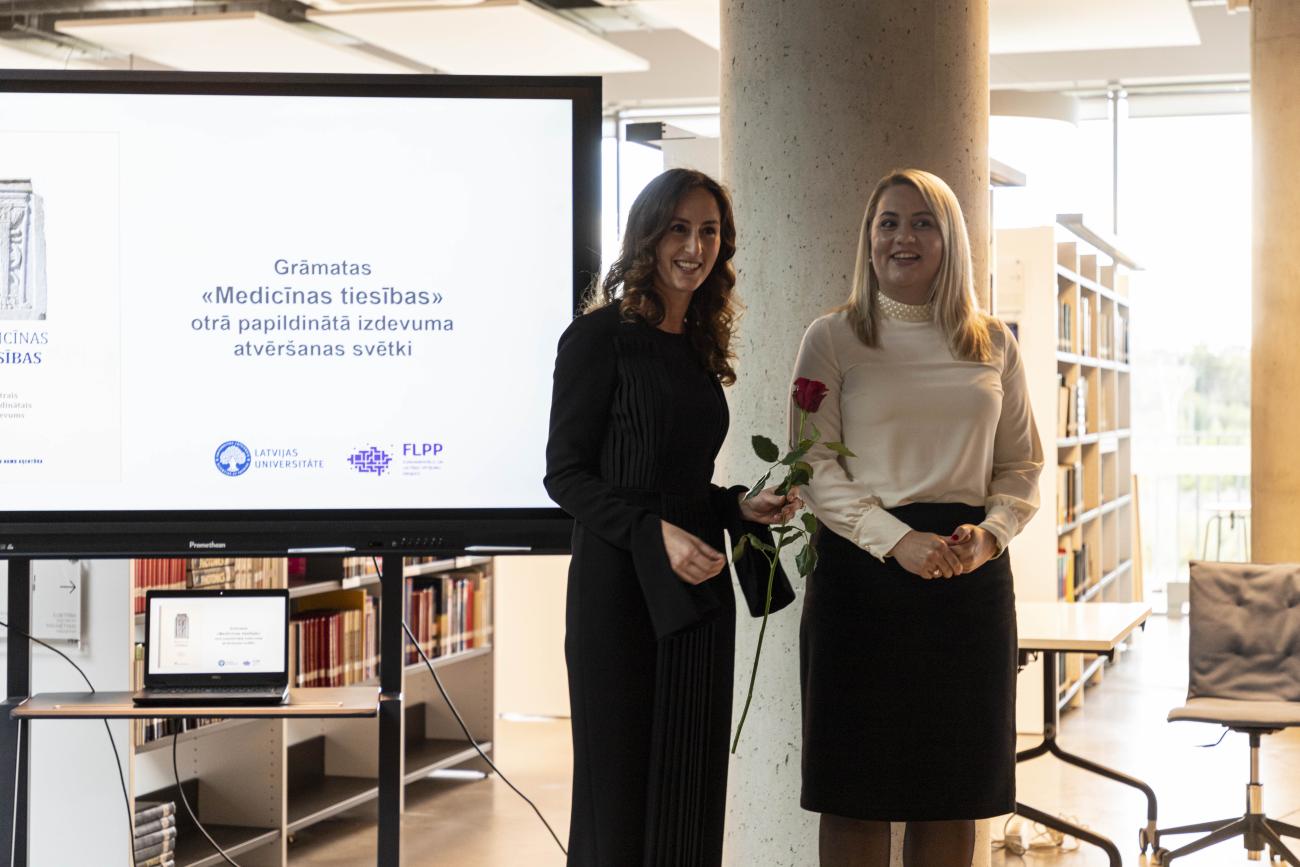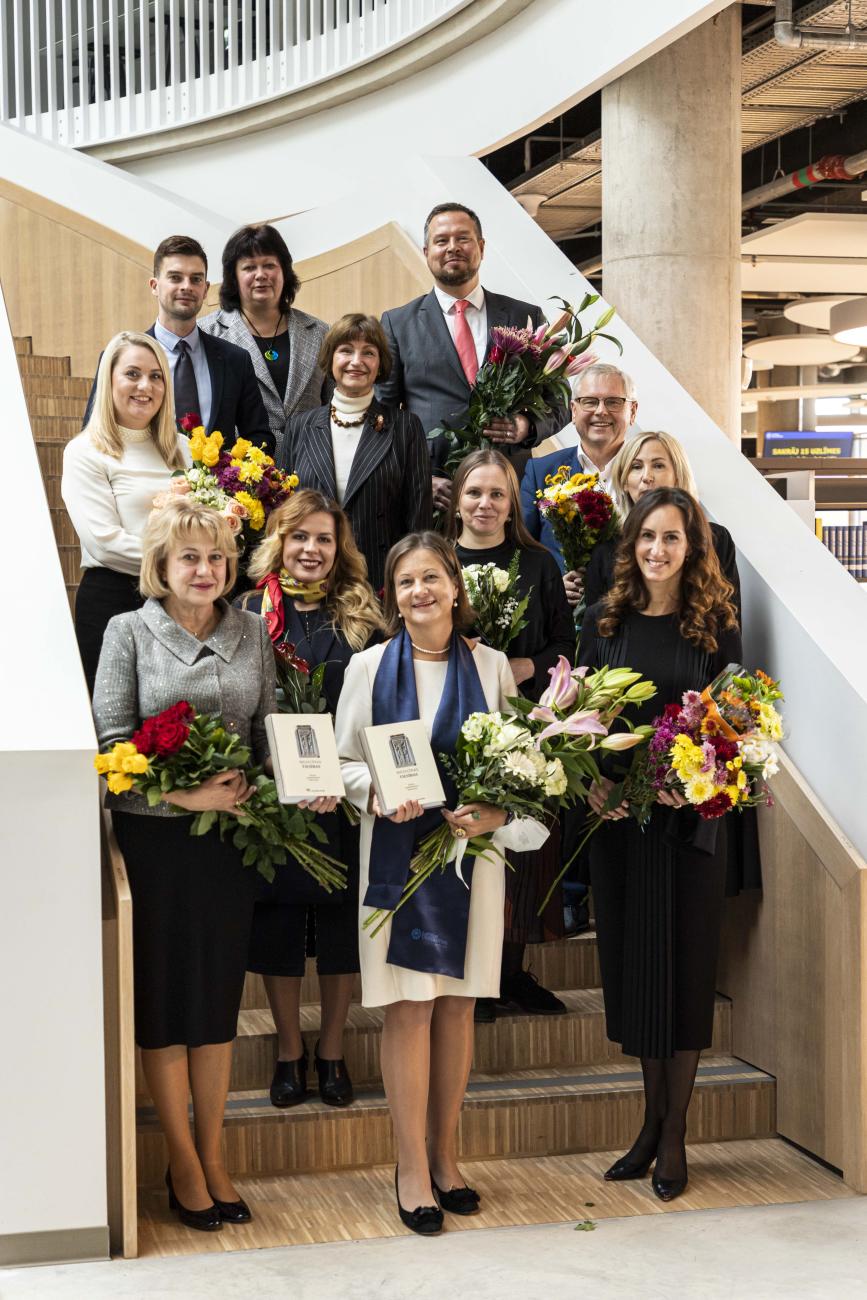Enhanced Edition of the Book Medical Law Published with the Participation of RSU Experts
SIA Tiesu Namu Aģentūra has just published the second edition of the book Medicīnas tiesības (Medical Law), which is an enhanced edition of the book published in 2015. A number of Rīga Stradiņš University (RSU) faculty members, students, and alumni have contributed to the publication.
The Dean of the RSU Faculty of Law Prof. Jānis Grasis:
‘The contents of this book are very relevant considering the rapid development of medical technology and law around the world. The book will strengthen current and future medical and legal professionals’ and the general public’s understanding of this sub-sector of law.’
Medical law aims to protect fundamental rights in health care, like human dignity, life, physical and moral integrity. This can be achieved by building on the basic principles of medical law and their expression in specific issues of medical law as well as by interacting with other sub-sectors of law and taking insights from other disciplines, in particular medicine and health care, including medical ethics into account. Santa Slokenberga, one of the scientific editors of the book, points out that ‘the book brings together experts – researchers in the fields of law and ethics, practising lawyers, as well as medical practitioners – with the aim of exposing the reader to medical legal standards in an illustrative and multifaceted way.
It provides an overview of the basic issues of medical law, as well as a detailed insight into the nature of certain conceptual issues of medical law and an overview of the legal framework of specific sub-sectors of medical law. It also gives an insight into certain issues of current concern in Latvia and outlines possible solutions.’
Aldis Lieljuksis, Associate Professor at RSU and co-author of the chapter “Criminal Liability of Medical Practitioners” emphasises that the issue of medical practitioners’ criminal liability has not lost its relevance. The need for criminal liability for medical practitioners and the contents of Paragraph 138 of the Latvian Criminal Law, which stipulates liability for failure or negligent performance of professional duties, have been the topic of discussions in the Saeima, among Latvian doctors, and featured in several publications. The Criminal Law contains new provisions for medical practitioners like criminalising the unlawful acquisition and use of tissues and organs of living and deceased persons. According to the Assoc. Prof. Lieljuksis, new provisions were added to the Criminal Law during the COVID-19 pandemic, when forgeries of the newly introduced COVID-19 certificates were discovered. These and other changes have prompted the second edition of the book to focus on the criminal liability of medical practitioners, says Assoc. Prof. Lieljuksis.
Karina Palkova, an attorney at law and an Associate Professor at RSU, drafted the chapter “Artificial Intelligence in Medical Treatment”. Among other topics, this chapter touches on legal and ethical aspects and covers such issues as the autonomy and civil liability of artificial intelligence, liability for damage related to artificial intelligence systems. ‘Artificial intelligence and related technologies are playing an increasingly important role in various sectors, including health care. Although AI technologies have already been used in the health sector for some time, it is expected that both medical processes and health sector administration will be transformed by their rapid development.
The rapid development of technology promotes the development of the legal framework, so it was important to introduce the reader to the current use of AI systems in health care, the related legal aspects, as well as the potential challenges,’ says Asst. Prof. Palkova.
The chapter “Competence of Medical Practitioners and Medical Support Staff in Medical Treatment” was written by Anita Slokenberga, Head of the Health Inspectorate and doctor, and Laura Šāberte, RSU lecturer and PhD candidate in Law. The authors hope that the chapter will be a useful tool for anyone who needs a deeper understanding of the legal requirements that apply to the work of medical practitioners and medical support staff.
Medical law is one of the interdisciplinary areas of work at RSU. The Medical Law course has been implemented at the RSU Faculty of Law since 2005, when a new specialisation in Medical and Social Law was introduced in the bachelor’s and master’s study programmes. The specialisation in this field was developed in accordance with the leading fields of study in health care: Medicine, Pharmacy, Rehabilitation, and Dentistry. In addition to the Medical Law course the RSU Faculty of Law also implements other equally important study courses such as Patient Law, Pharmaceutical Law, Health Care Organisation Law, and Legal Problems of Biomedicine.
Related news
 RSU participates in the European University Association conferenceSustainable Development, For RSU Employees, Conferences, workshops, Research
RSU participates in the European University Association conferenceSustainable Development, For RSU Employees, Conferences, workshops, Research
